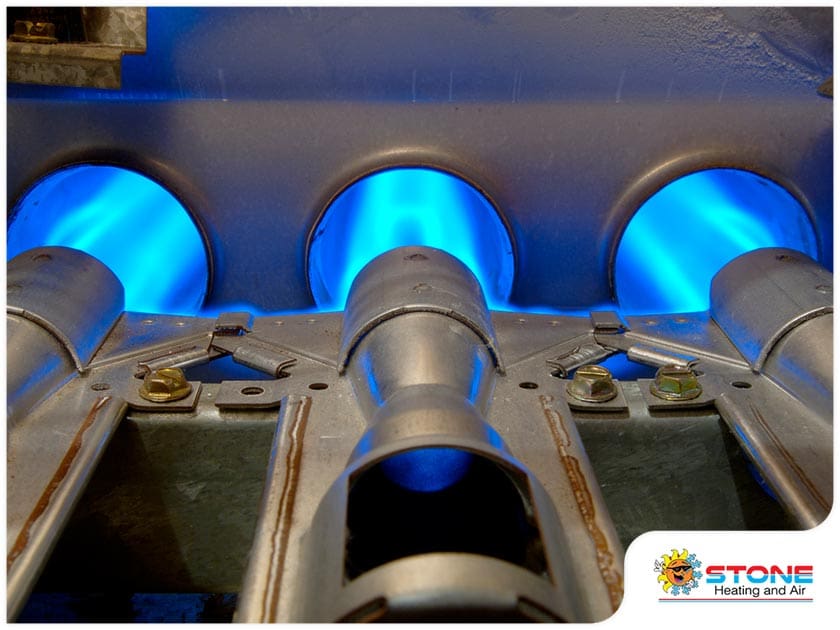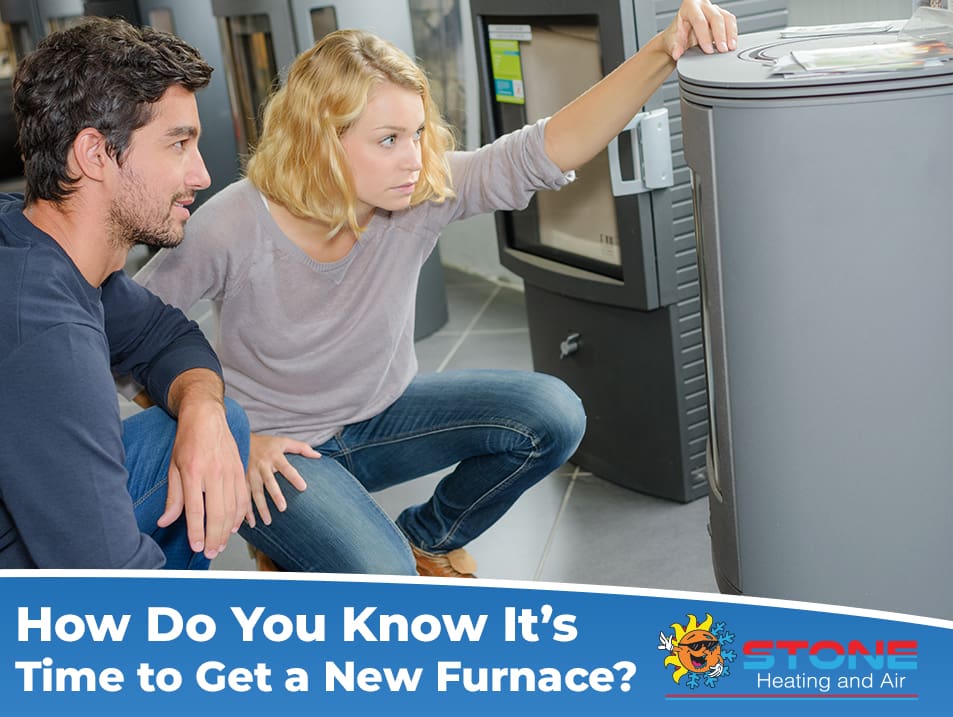4 Gas Furnace Hazards You Should Avoid
Your gas furnace is one of the most important appliances in your home. It allows you to stay warm and cozy during the cold seasons without spending a lot on energy expenses. Most gas furnaces typically last 15 to 20 years, but without proper maintenance, they can develop problems that can become dangerous if not addressed right away. Today’s article, Stone Heating and Air highlight four gas furnace hazards you should avoid at all costs.

1. Damaged Exhaust Flue
The exhaust flue of your gas furnace keeps your home safe from harmful gases. Damage to it prevents it from sending fumes and carbon monoxide outdoors. It can crack because of corrosion, resulting in gas leaks in between the pipe’s joints. There’s also the possibility of pests nesting inside, leaving branches and other debris. If you have a blocked exhaust flue, it may only cause your furnace to short cycle. In some cases, however, it can circulate exhaust and carbon monoxide into your home. In the worst-case scenario, a buildup of exhaust fumes in the furnace cabinet can lead to a fire or explosion hazard.
2. Cracked Heat Exchanger
The heat exchanger, which heats the air in your furnace, is a set of coils or tubes. Fuel combusts inside the heat exchanger, creating heat energy. It’s then transferred to the air being blown over by the blower motor, which distributes the warm air throughout your home via the ductwork. Heat exchangers, however, may corrode and cause cracks because of old age or improper venting. If not repaired or replaced immediately, carbon monoxide may leak indoors. As long as you have a detector installed at home, you can know to address the problem with a furnace inspection.
3. Faulty Thermocouple or Flame Sensor
Older gas furnaces with a standing pilot light have a thermocouple, while newer ones have a flame sensor. Either way, these features play an important role in preventing a dangerous gas buildup in your furnace’s combustion chamber. If you have a faulty flame sensor or thermocouple, your furnace could likely accumulate a high concentration of flammable gas, which can create an explosion. To ensure your thermocouple or flame sensor is in good condition, be sure to get your furnace inspected and maintained by an HVAC professional at least once a year.
4. Delayed Ignition
If you hear a small boom or bang every time you start your furnace up, this might mean you have a delayed ignition issue. Delayed ignition happens when the burners are getting gas, but something is stopping the gas from turning on immediately. This means bad news for a few reasons. When gas builds up and finally ignites, it can cause a small explosion. Each time the gas bursts in an explosion, it puts stress on your furnace’s components, which can lead to issues. Delayed ignition may also create a fire hazard. Fortunately, regular inspections and maintenance checks can help detect this issue.
To avoid gas furnace issues, turn to the pros at Stone Heating and Air! We offer quality home heating repair services to ensure your home remains comfortable and safe as the cold season approaches. Give us a call at (541) 855-5521, or fill out our online contact form to book an appointment.
Category: HVAC
Request An Appointment
Related Content




